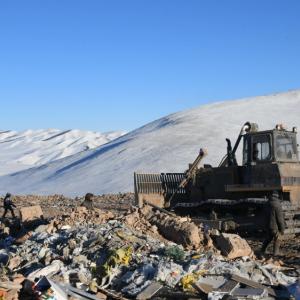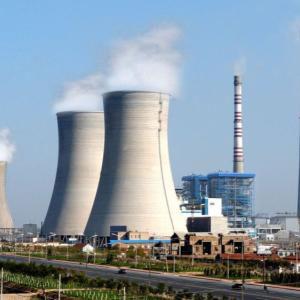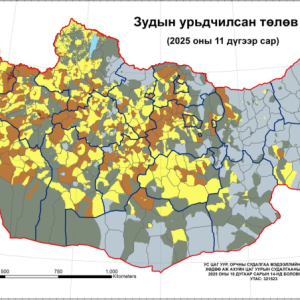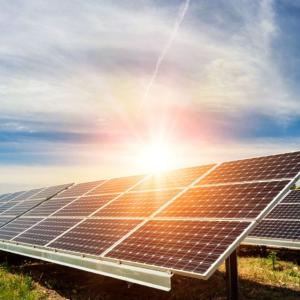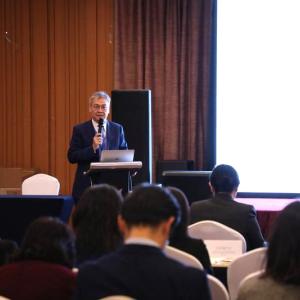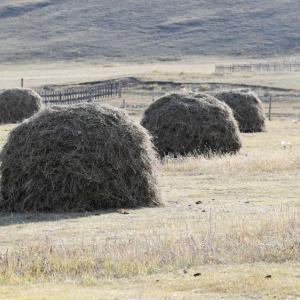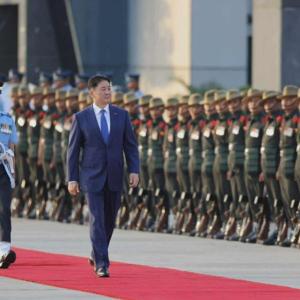Mongolia signs Paris Agreement
PoliticsUlaanbaatar /MONTSAME/ Mongolia has joined the Paris Agreement on climate change as signatory.
Representing Mongolia, the Minister of Environment, Green Development and Tourism Mr N.Battsereg inked the document on this April 22 at the UN Headquarters, New York of USA.
The Paris Agreement is an agreement within the framework of the United Nations Framework Convention on Climate Change (UNFCCC) dealing with greenhouse gases emissions mitigation, adaptation and finance starting in the year 2020. An agreement on the language of the treaty was negotiated by representatives of 195 countries at the 21st Conference of the Parties of the UNFCCC in Paris and adopted by consensus on December 12 of 2015. It was signed this April 22 (Earth Day) by 175 UNFCCC members, 15 of which immediately ratified it.
The 174 countries and the European Union that signed up to the Paris Climate Change Agreement in New York on April 22 have committed themselves to the decision that a range of actions must be undertaken to keep the rise in global average temperature well below 2° Celsius over pre-industrial levels.
The debate on climate change shifted after the climate summit in Paris in December from whether scientific evidence is strong enough to warrant making aggressive cuts in greenhouse gas emissions, to how this should be achieved without hurting economic growth in developing countries such as India.

The UN Framework Convention on Climate Change accepts differentiated responsibility for developing nations, not responsible for the accumulated stock of carbon dioxide in the atmosphere, as opposed to rich countries that historically had the benefit of the unfettered use of fossil fuels. What makes carbon emissions particularly problematic, however, is that polluting local flows have a global effect over relatively short periods, and far-flung countries, such as small island nations, suffer the impact. India’s estimate of its share of global greenhouse gas emissions submitted to the UN for the Paris treaty is 4.10 per cent, but it faces a double jeopardy: of having to emit large volumes of carbon dioxide to achieve growth, while preparing to adapt to the destructive effects of intense weather events, such as droughts and floods, linked to climate change.
 Ulaanbaatar
Ulaanbaatar







